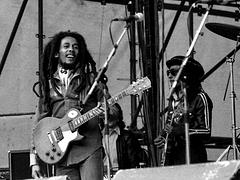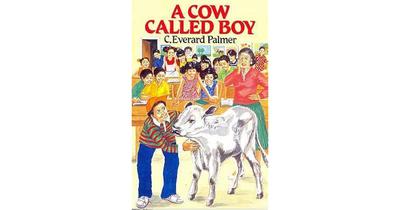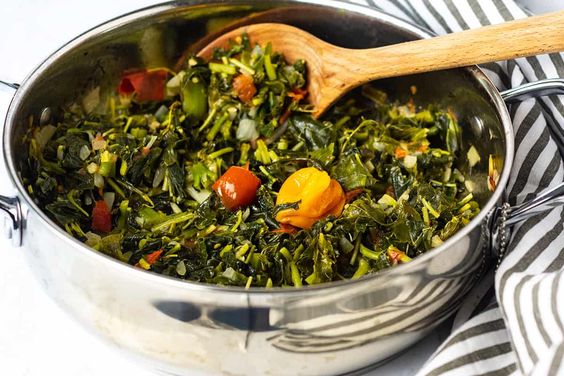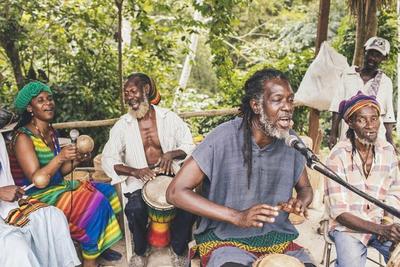Subscribe for all my updates and don't miss a thing! Sign me up!
Jamaican Music and its Connection to African Roots
Sharing Is Caring! Share this awesome content with your friends now.
By Venesha Johnson | Associate Writer
We can all tell that without a doubt Jamaican music is heavily inspired by the motherland, Africa. But how deep does it go? From the pulsating beats of reggae to the infectious energy of dancehall, Jamaican music carries an unmistakable rhythm that captivates hearts around the globe. But to truly understand its essence, we must trace its origins back to the African continent.
New! Take a piece of Jamaica with you💃!
Savour the memories! Now you can get your authentic Jamaican souvenir items, as well as traditional Jamaican herbs, spices and housewares on our popular e-store. Click Here to learn more.
And, if you ever need a trustworthy and knowledgeable local guide, consider booking a private tour with us!
The history of our Jamaican music is deeply rooted in the African diaspora, a reflection of the painful yet resilient journey of enslaved Africans transported to the island centuries ago. With them, they brought a rich cultural heritage that laid the groundwork for the development of Jamaican music. The Atlantic slave trade involved African men, women, and children being enslaved and working for free in foreign countries. The Portuguese and Spanish initiated this trade after sugar plantation settlements in the Americas. African musical traits spread throughout the Americas, with Jamaica being a prime example. Around 6,000 slaves were brought to Jamaica, where they inherited African heritage and developed their popular reggae genre.
The traditional African rhythms, characterized by complex polyrhythms, syncopation, and call-and-response patterns, found a new home on the island. These musical traditions, combined with the diverse influences of European and indigenous Jamaican music, paved the way for the birth of a new sound.
From Nyabinghi to Reggae
If you listen closely you will realize that reggae music shares similarities with African music in its instrument choice and purpose. Think of the drums like snare and bongos that are used in beats, often with cross-rhythmic patterns from Africa. Other percussion instruments like cowbells and shakers are also used in Jamaica. The bass guitar dominates, playing on the offbeat part of the rhythm. Reggae is often sung in various dialects of English or other broken languages.
One of the foundational elements of our music is the Nyabinghi drumming, a ceremonial practice deeply rooted in Rastafarian culture. The heartbeat of the Nyabinghi is the bass drum or "thunderous drum," which holds a striking resemblance to the African djembe. This connection to African percussion creates a rhythmic foundation that echoes throughout Jamaican music.
Fast forward to the 1960s and 1970s, and the world witnessed the rise of reggae, Jamaica's most renowned musical export. Reggae, with its distinctive syncopated rhythms, groovy basslines, and socially conscious lyrics, became a powerful voice for the marginalized and oppressed. Drawing inspiration from African musical traditions, reggae artists like Bob Marley and Peter Tosh infused their music with messages of unity, liberation, and cultural pride.
Jamaican music's African roots have not only shaped its distinctive sound but also left an indelible mark on the global music scene. From the reggae-inspired punk rock of The Clash to the hip-hop samples that pay homage to dancehall rhythms, the influence of Jamaican music can be heard in genres spanning continents.
Furthermore, the cultural impact of Jamaican music reaches far beyond its melodic allure. It has served as a vessel for social and political commentary, providing a platform for voices seeking change and justice. This enduring legacy continues to inspire and empower artists worldwide.
So next time you find yourself swaying to the infectious beats of reggae or feeling the urge to move to the vibrant sounds of dancehall, remember the deep-rooted connection that Jamaican music shares with Africa. Allow the rhythms to transport you to a place where cultures converge, and let the music be a testament to the power of unity, resilience, and the enduring spirit of creativity.
Sharing IS Caring! Please help me get the message out by sharing this article with your friends on social media (links below). Thnx ;-)
If you found this page useful, please consider subscribing to my weekly newsletter, to get even more.
It tells you each week about the new information that I have added, including new developments and great stories from lovers of Jamaica!
Return to Jamaican Food from Jamaican Music and its Connection to African Roots
Return to My Island Jamaica Homepage from Jamaican Music and its Connection to African Roots
References & Sources For Jamaican Music and its Connection to African Roots
- Gebhart, C. (2019, November 29). Reggae Music and It’s Ties to Africa. Medium. https://medium.com/african-music-in-the-new-world/reggae-music-and-its-ties-to-africa-82b0d6ea835f
New! Get My Latest Book👇🏿
|
You asked, I've answered! You no longer need to save for months or years, to enjoy paradise! I spilled the beans! sharing my top tips on finding cozy accommodations and secret gems, only the way a native could! Click Here to pick it up on my e-store and start saving now! |
See The Best Of Jamaica - In Videos!
|
My channel reaches over 140,000 subscribers worldwide and has leveraged over 11 million views, sharing, what I call 'The Real Jamaica'. Subscribe today and join our family of viewers. |
Read More ...
New! Experience The REAL Jamaica!
Book Your Private Tour here and experience Jamaica the way we (locals) do!
P.S. Didn't find what you were looking for?
Still need help?
Click Here to try our dependable and effective Site Search tool. It works!
Or, simply click here and here, to browse my library of over 500 questions and answers! Chances are someone already asked (and got an answer to) your question.















New! Comments
Have your say about what you just read! Leave me a comment in the box below.